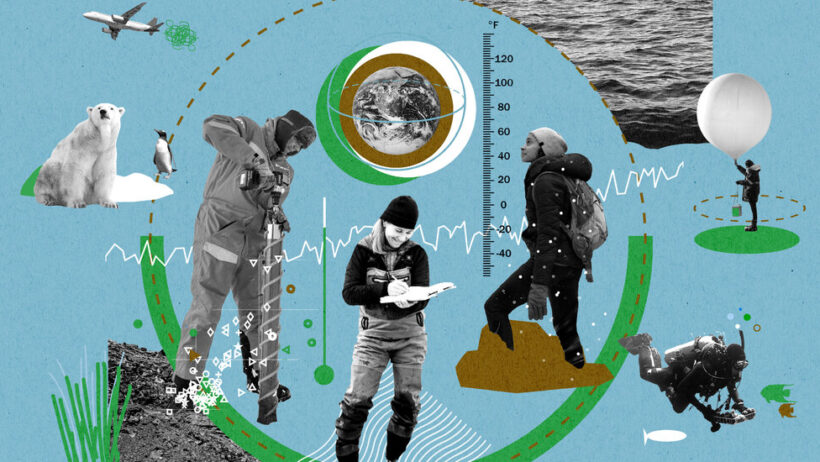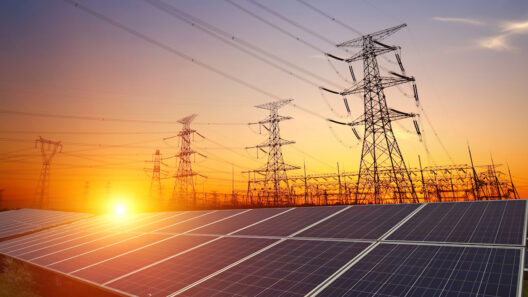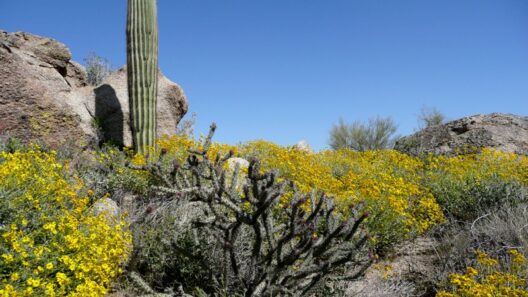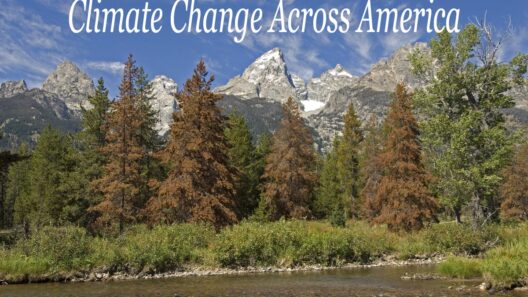The discourse surrounding climate change is not merely an academic pursuit; it represents a visceral saga of humanity’s survival. Can we, as a species, withstand the repercussions of a rapidly changing climate? This query incites a myriad of reflections on resilience, adaptation, and the ethics of our stewardship of the Earth. As we delve into this intricate tapestry, it is paramount to distinguish the facets of human experience in relation to the ecological shifts that are undeniably upon us.
First and foremost, understanding climate change is predicated on accepting the stark reality that it is anthropogenic. The emissions from fossil fuel combustion, deforestation, and industrial practices have precipitated unprecedented shifts in climatic patterns. This phenomenon is not a far-off specter; it is a present-day crisis that manifests in more frequent and severe weather events—hurricanes, wildfires, droughts, and flooding. Society is currently embroiled in a harrowing struggle against these formidable forces. Herein lies the human story: the response to this existential challenge.
Within this context, one may consider the myriad ways individuals and communities have mobilized to not only mitigate the impacts of climate change but to adapt to its inevitable consequences. The resilience exhibited by various communities offers a microcosmic view of humanity’s potential for survival. Take, for instance, the island nations facing existential threats due to rising sea levels. Countries such as the Maldives and Kiribati have begun implementing innovative solutions such as floating islands, or the construction of seawalls, aimed at safeguarding their populations and infrastructure. These adaptive strategies reflect an ingenious blend of cultural heritage and modern science, embodying a relentless pursuit of survival.
Furthermore, the narrative of survival extends beyond mere adaptation; it encompasses a cooperative ethos that transcends geographic and political boundaries. The Paris Agreement exemplifies global acknowledgement of a collective responsibility, urging nations towards collaborative ecological stewardship. While critics may argue that such agreements lack enforceable mandates, the fact remains that they foster dialogue and inspire grassroots movements that champion sustainability. This dialogue is crucial; it cultivates a shared understanding of climate action while galvanizing public sentiment towards transformational practices in energy consumption, waste management, and conservation.
Yet, amidst these stories of resilience and cooperation, one must also confront the ethical considerations entwined within the climate change narrative. It is imperative to address the equity issues—those who contribute the least to climate change often bear the brunt of its impacts. Low-income communities and countries with limited resources are disproportionately affected, highlighting a moral imperative for equitable solutions. The discourse surrounding climate reparations necessitates scrutiny, as nations with historically high emissions must grapple with their responsibility to support vulnerable populations. The intersection of social justice and environmental stewardship embodies a critical dimension of our survival narrative.
Moreover, the discourse surrounding technological innovation unveils another facet of our survival story. The burgeoning field of renewable energy offers a promising avenue for restructuring our relationship with the environment. Advancements in solar, wind, and geothermal technologies herald a transformative shift towards a sustainable energy paradigm. Yet, the accessibility and scalability of such technologies remain contentious issues; wealthier nations often possess the capital to invest in these innovations, while developing nations lag behind. Bridging this technology gap is pivotal for fostering a global transition towards sustainability.
Investing in education and public awareness plays a crucial role in sculpting the narrative of survival. The younger generation, equipped with knowledge and fervor, emerges as powerful agents of change. Initiatives that incorporate environmental education into curricula can nurture a generation of conscientious citizens who prioritize ecological integrity. This cultivation of awareness is not just about imparting knowledge; it is about instilling a sense of responsibility and agency that empowers individuals to make informed choices regarding their consumption and advocacy.
At the crux of this discussion lies a profound inquiry into human nature: can we confront our inertia? The inertia, deeply rooted in convenience, complacency, and entrenched economic models, poses a formidable challenge to our survival. Changing our behaviors requires a paradigm shift in societal values, compelling us to prioritize long-term sustainability over short-term gratification. The challenge, therefore, is not only ecological but existential—how do we redefine progress? Envisioning a future that intertwines ecological harmony with socioeconomic advancement demands a collective reimagining of our priorities.
As we traverse this critical juncture, we face a compelling tapestry woven from strands of science, ethics, innovation, and education. The stories of communities adapting to climate change serve as poignant reminders of humanity’s capacity for resilience. Our survival hinges on an unwavering commitment to collaboration, equity, and transformative practices, galvanizing a concerted effort to confront the challenges ahead.
In summary, the narrative of survival amidst climate change is a complex mosaic that encapsulates both the challenges and triumphs of the human spirit. By acknowledging the multifaceted nature of this crisis and fostering a holistic approach to solutions, we can weave a narrative that is not characterized by despair, but rather by hope. The human story is still being written; our capacity for adaptation and transformation heralds the possibility of enduring through the turbulent tides of climate change. The question is not merely whether we can survive, but how we choose to redefine what it means to thrive in harmony with our planet.







